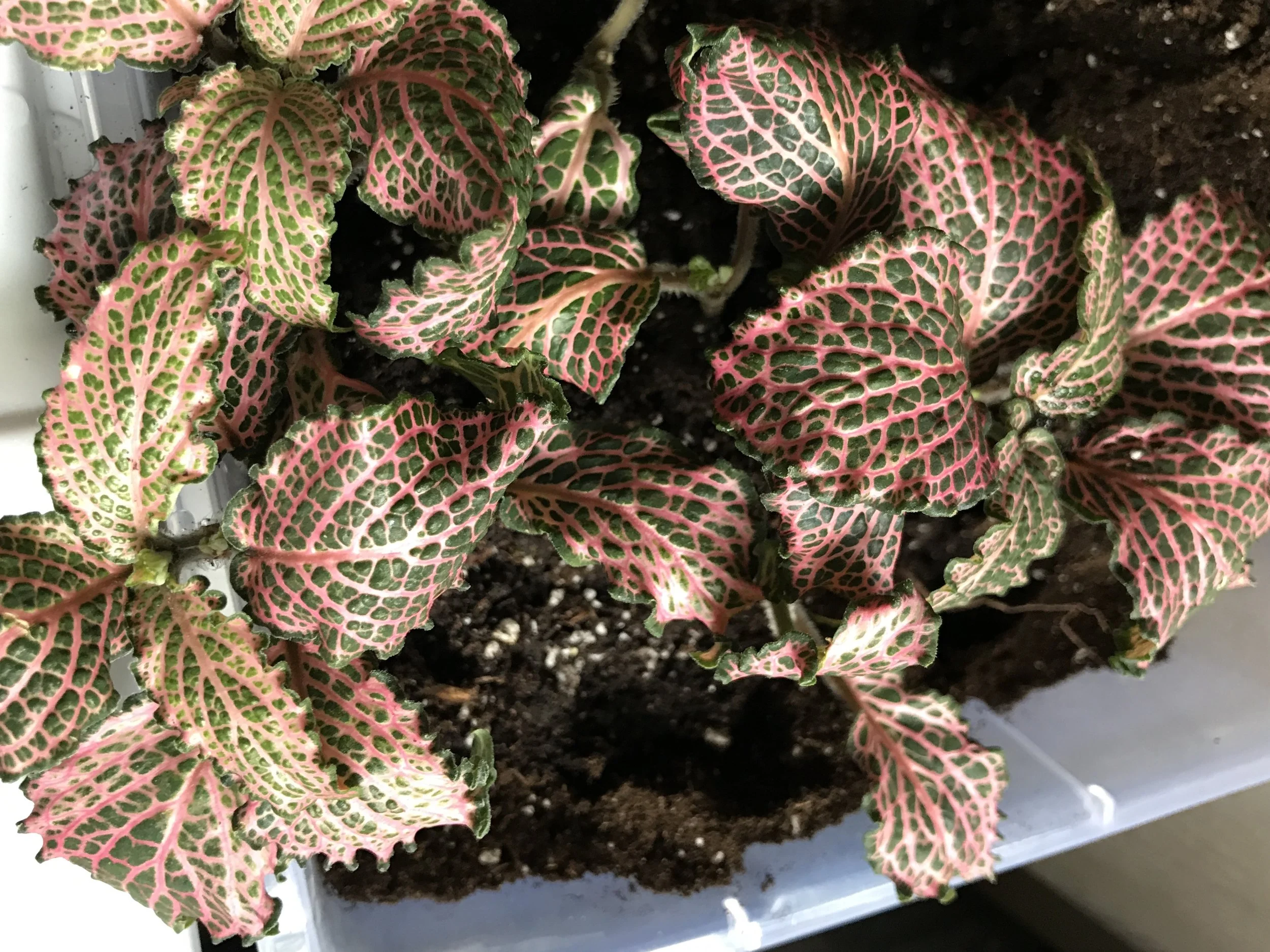Design:
Body/Image:
- Amazon has apparently been developing their own take on "smart" glasses. So far the e-commerce and web services giant has enjoyed big successes with their Alexa-laden products, but for the most part their history of hardware has been littered with little-loved commodity style products, designed to reduce the distance between you and an Amazon order. Smart glasses and wearable tech in general has been an incredibly tricky puzzle (for technological and cultural reasons) that few companies have managed to even begin to solve. We're not optimistic that Amazon will be able to deliver something that provides enough value with minimal creep factor to be a big success, but they have almost as much bet-making money as any company could want.
Big Business:
Our Weird Future:
More next week.
Design:
- A good post about how deep Apple's design efforts really go. Beyond the high quality manufacturing prowess making those shiny surfaces is a tightly knit strategy that extends to every corner of the product, near and long term. Design is never one thing, it's never just the skin of a object, it's never the ease of an app's UX. At it's most complex and most invested, design really means something more like focus - an unrelenting guiding force toward certain principles; the things that you can't or won't trade off.
Feeding the Future:
- As the climate changes, so does the atmosphere. Scientists have been examining the implications of higher concentrations of CO₂ - and the news isn't looking good. While plants grow faster and larger with the presence of more CO₂, they also develop an inferior nutrition profile: less protein, lower amounts of vitamins and minerals, and more sugars. As a result, even with our best efforts to balance our meals and include plenty of fruits and vegetables, we may still be consuming a less nutrient rich diet than our recent ancestors. As with so many climate-related issues, this one will hit nations in the global south harder than their affluent counterparts, where diets are more concentrated on a smaller selection of staple foods that are growing dangerously withered in their micronutrient profiles over time.
- Researchers have developed a technology package that enables machines to autonomously plant, tend, and ultimately harvest a barley crop, without human intervention. It's an incredible feat with wide-ranging implications. The cost of such a system is high, but it could provide impoverished agrarian communities with immensely valuable labor savings and food security, likely at a lower cost (with more durable benefits and independence) than annual foreign aid. If such systems could be developed for an expansive range of crops, we could be looking at an entirely different paradigm of food and labor as we move through the 21st century.
Up in the Air:
Engineering Communities:
- A new startup is offering to foot the bill for the downpayment on your house, provided you keep listing one or more bedrooms on Airbnb for a few years and hand them most of the revenue. With the tightening up of credit lines for regular folks following the 2008 housing crisis, there are fewer options, which has sparked a bizarro world of housing possibilities. It's unclear what a rise in such systems would mean for places: what is the net effect of a pseudo-hotelier-landlord class on the cultural fabric of a neighborhood? No word on what would happen in the (honestly unlikely) event that Airbnb goes under.
- In the wake of Hurricane Irma, a bit of greedy, shortsighted policy from power companies has left more people in the dark, for longer. The Miami New Times reports that lobbying by power companies led to a policy that all solar energy systems had to be tied into the grid. If the power goes out, your solar panels are mandated to go down with it. If we want to get to a better future, communities need to be free to build their own systems without being levered by their government on behalf of corporate interests. In the case of a future that may well be riddled with climate-change fueled disasters, a more distributed, DIY form of engineered community could be among the best solutions for preserving life and livelihood.
More next week.
Design:
Energy:
On Screen:
- It's an all too common story in the development and deploying of technology: people of color are left out of the research stage, and the resulting products fail them in one way or another. It's happened with color film, it's happened with wearable devices, it's happened with facial recognition software. So when an artist or inventor is aware of those traps and develops techniques to overcome them, the results can be stunning in their richness. In this case it's cinematographer Ava Berkofsky, talking to Mic about how the right lighting practices and optical treatments give black actors the full on-screen dimensionality that white actors have enjoyed for many decades.
- Movie studios that have had a lackluster summer are at least partly blaming poor sales on the effect of review aggregator Rotten Tomatoes. While it's obviously an overreach to say such a site undeservedly dooms perfectly fine films, there is something to be said about the ripple effect of other people's opinions. Why we like what we do emerges from a mélange of factors, only some of which is reflective of our "authentic" desires. Almost certainly, the quick access we have to masses of other opinions is fundamentally changing how we encounter, enjoy, and dismiss everything from works of art to brunch spots.
Material Culture:
- (PDF) A fascinating investigation into the weird world of fake storefronts, Alibaba, and "free" watches. It's a sort of material vortex created from some entrepreneurial lark, with goods produced in the most aggressively cheap way possible, and marketed with every SEO and branding trick in the book, all resulting in a glut of barely functional watches that need to be offloaded one way or another. The watch is a model of our global ouroboros of consumption and creation, where it can be difficult to tell where demand ends and fraudulent hype begins.
More next week.




